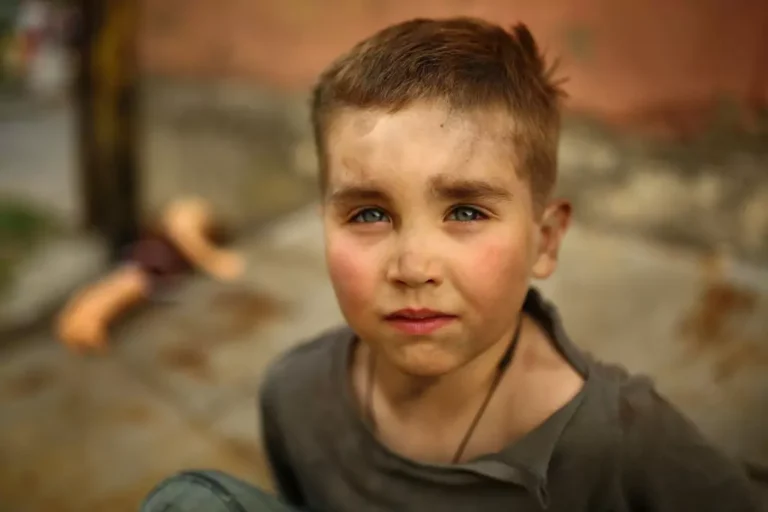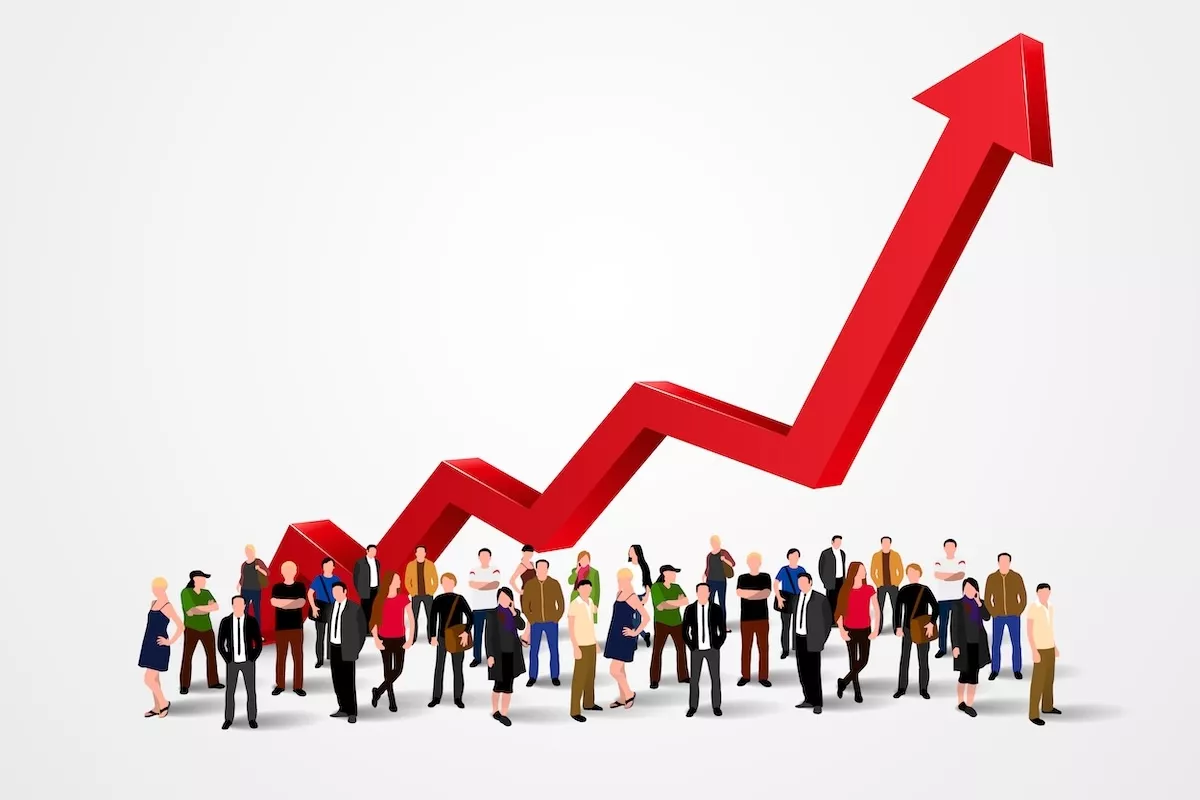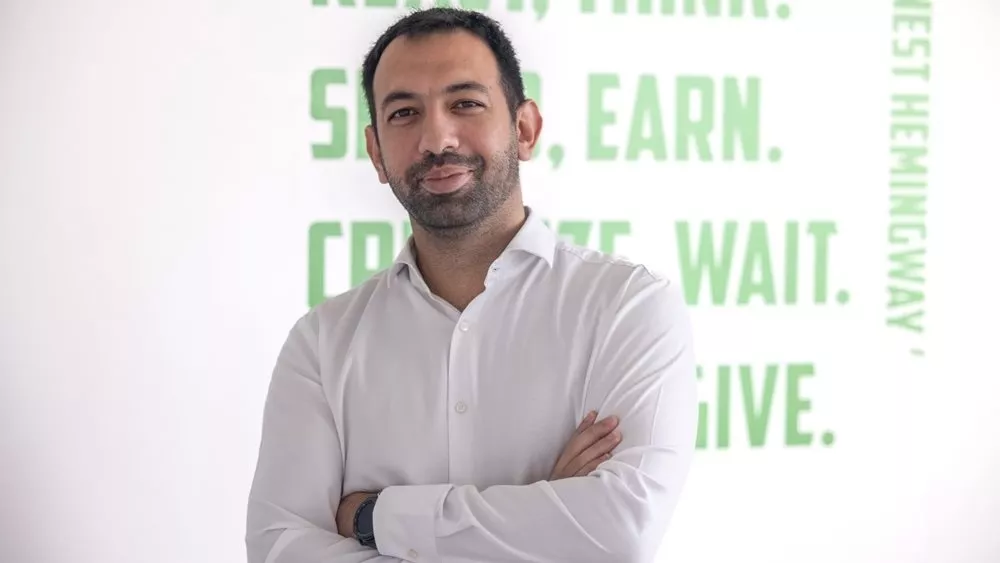A new set of data published by the Greek Statistics Office has shed light on the growing inequalities experienced by children, particularly those living in poverty. The statistics paint a concerning picture of social exclusion, limited educational support, and a lack of access to fundamental childhood experiences for thousands of young people across the country.
According to the findings, 74.8% of poor households with at least one child under 15 years old are unable to afford regular leisure activities for their children, such as sports, dance, or music lessons. In stark contrast, only 10.7% of non-poor households report facing the same financial limitations. For the overall population with at least one child up to 15, the figure stands at 24.6%.
Celebrating milestones like birthdays or name days is also out of reach for 49.2% of poor households, compared to just 7.5% among non-poor families. Additionally, 16.1% of poor families cannot afford to occasionally invite friends over for games and food — more than four times the 3.6% reported by better-off households.
One of the most telling indicators of inequality is the ability to provide children with time away from home. A staggering 60.3% of poor families cannot afford a one-week vacation for their children, compared to 16.5% of non-poor households. Nationally, 26.0% of all households with children under 15 fall into this category.
Education-related disparities are equally alarming. 43.2% of poor households report being unable to cover the cost of school trips and events, while just 5.7% of non-poor households face the same issue. Overall, 14.1% of Greek families with school-aged children under 15 struggle to fund their participation in school-related activities.
Even the learning environment at home shows signs of inequality: 12.4% of poor families say they do not have a suitable space for their children to study — compared to 7.1% of non-poor households.
As of 2025, Greece’s population of children under the age of 15 is estimated to be approximately 1.45 million, representing about 14% of the total population, according to countrymeters.info







